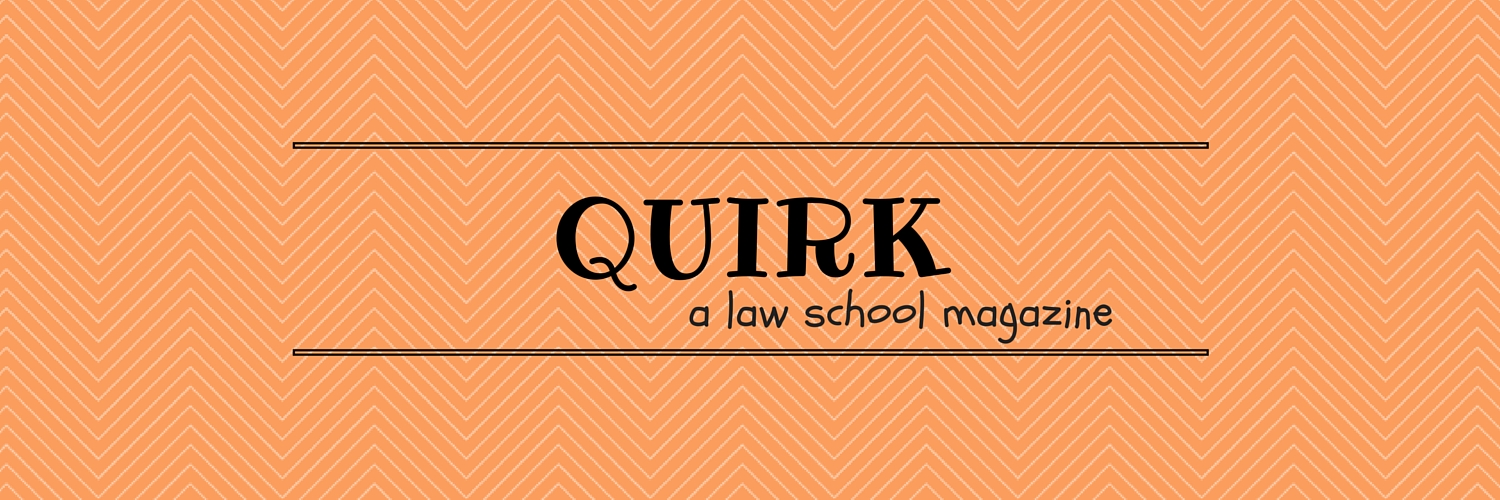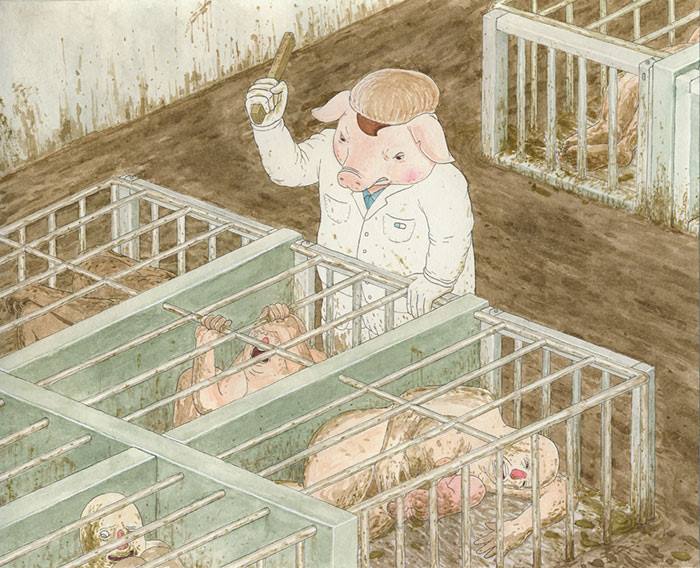This article was written by Sonia Shad (Batch of 2018).
Veganism is hard. Trying to be vegan in law school is harder. This is interesting, because of the fact that Veganism is so desirable. It makes for a healthier body, and your risk for heart attacks, stroke and even cancer goes down. You stop buying animal products and meat (and by extension leather, silk and wool), which is a boon for our meagre college budgets. Yet this does not seem to be the case. I have been confronted with expressions ranging from amused bewilderment to out and out aghast when I have spoken on the subject. Over the years, what I have come to realise is the simple truth that veganism is made difficult because of other people and not because of the lifestyle shift that you choose to make.
I entered law school in order to be able to draft laws and formulate policies to ensure animals had rights. The legal system puts animals in the same category as things. In a system where cruelty is institutionalized it becomes necessary to stand up for those oppressed by it. In my second year I took the first step in my journey. I started the Society for Non-Human Persons (and no, this is not the protect-people-from-dogs body. Let’s not even get me started on that.). It was a necessary experience because for the first time since I was eleven, it made me question my life’s goals. By the time my first serious internship came around I was giving animal rights one last shot before I quit. I was certain if I couldn’t make a difference in a (mostly) intellectual, extremely empathetic and open community like law school, I wouldn’t be able to do anything outside in the real world. My first internship was enlightening. I watched two women take on state governments, police, and illegal businesses. I watched two women in a period of a month save over five hundred lives and give basic rights to thousands of animals throughout India. That internship was a turning point in many ways. Firstly, it solidified my ideals that animals had deep, entrenched and invaluable rights and what we owed them was not some abstract and vague notion of welfare. Secondly, it taught me to fight harder than I ever thought was possible. The most significant part of that internship put the roots of veganism in me. I did a sting operation in the dairy farms in Delhi that were in a so-called “legal and regulated” dairy farms zone. I saw animals that had never seen daylight, animals that were ill, animals with sores that were infected and animals all covered in each other’s feces. What really sealed it for me was a cow screaming and fighting against being artificially inseminated. Once you see how milk is a product of rape, you just can’t keep consuming it.
However, I must point out that while I was deeply moved by the cause, and knew what I had to do, I didn’t turn vegan immediately. I started out slow. What, no extra cheese on pizza? No melting butter on a hot parantha? No hot chocolate? I girded up my loins and decided to give it a trial for a month. It turned out to be better than I expected. My mind was clearer and I no longer felt guilty. I decided to go vegan for life from my 21st birthday. It was a gift to myself that helped me move towards a cruelty free life. Veganism is an act that recognizes the extent to which one person can change the lives of others. Science has proved repeatedly how animals are capable of complex emotions, relationships and pain, and the cultural normalization that desensitizes us to the plight of animals does not make their suffering go away. Simply put, I was done being an ostrich about the fact that living things were being put through immense amounts of suffering just for the luxury of my palate. I still slip up occasionally but am happy that by being primarily vegan I have alleviated the suffering of many voiceless sentients. It has also changed the thinking of my family and friends to quite an extent, with a few turning vegetarian and all of them decreasing milk consumption. This change will gradually spread with increasing awareness and just like slavery came to an end so do I hope will exploitation of animals for our personal pleasures. If you don’t take a stand against an unfair and cruel system then you are helping propagate it. Veganism isn’t radical. It isn’t a big deal. It’s just refusing to participate or fund horrible acts done on voiceless and helpless sentient beings.
Veganism is healthy. You can be physically fit and vegan. Carl Lewis (track runner and Olympic gold medalist), Murray Rose (Australian swimmer who won four gold medals in the 1956 and 1960 Olympics) and Kuntal Joisher (who climbed Mount Everest) were all vegan. People belonging to various lifestyle and skill sets are also vegan (Bill Clinton, Carrie Underwood, Natalie Portman, Ellen, Ozzy Ozborne, Brad Pitt etc.)
You don’t have to go vegan overnight to make a difference. The next time a chaat craving hits you, pick paani puri over a dahi puri. Let’s change the world, one delicious, masala filled mouthful at a time.


Hi,
You must also understand that India is agro- pastoral community. By urging people to go vegan, you’re destroying their entire livelihoods. You’re in fact, asking to criminalise entire castes. For centuries and centuries, we’ve been exploiting plants and animals as a matter of right.
Empathy for animals is not as normal as empathy for humans. Animals are indeed the second largest source of food for the world. Dalits in India, for example, can only access (certain kinds of) meat as a source or protein. It is impossible for such people to change to Veganism.
In fact, if you’re problem with non-vegetarianism is that animals are being ‘raped’ and murdered, then maybe, you can change the way the animals are treated rather than ask for ending of the entire dairy sector.